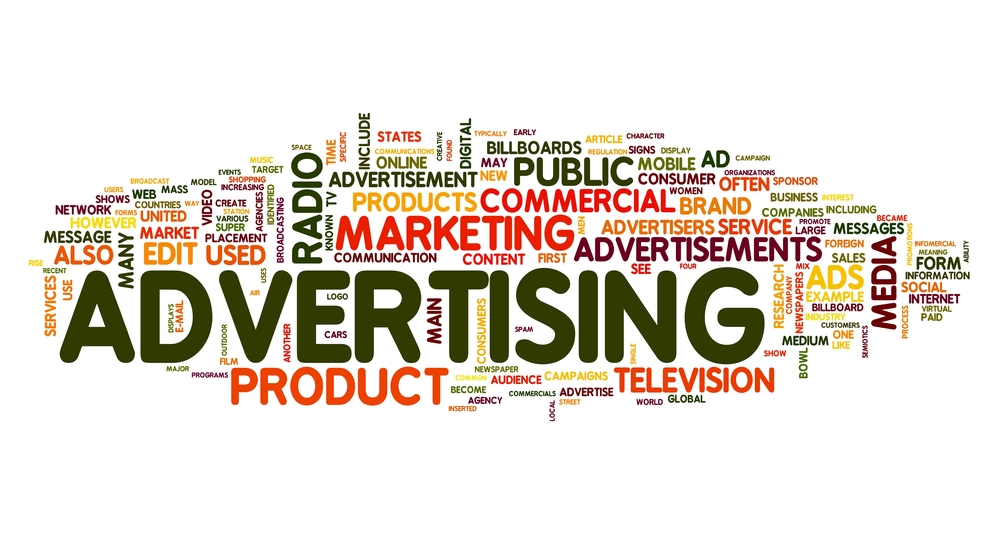Business
About Advertising Agencies and What They Basically Do

Businesses and other organizations are aware of the fact that in order for them to effectively establish the presence of their brands on their intended markets and to meet their expected sales projections, they need to prioritize advertising as their marketing strategy. For the most part, they could devise their own advertising strategies through the help of print media (e.g. newspapers, magazines, and other publication houses) and broadcasting (e.g. television networks and radio stations). But then, most, if not all, businesses and organizations take advantage of the services of advertising agencies that can basically perform every strategy the former intends to market.
What are Advertising Agencies?
An advertising agency is a company that are responsible for carrying out a wide variety of marketing campaign strategies tailor-made to suit the needs of their clients, which are the businesses in need of brand recognition and sales. Their services cater for all businesses, ranging from small- to medium-size entrepreneurs to large corporations. They work closely with these entities by gathering as much information as possible, making campaign pitches, and engaging in a creative process of establishing the ads. In every successful marketing campaign they provide for their clients, ad agencies are able to build long-term partnerships with them.

How does the Partnership Start?
The working relationship between a company and an advertising agency all starts with the latter providing a pitch. Once the company has chosen the best agency that can work with them, the former provides what is called a brief, which details the overall scope of the marketing strategy. It lays out the objectives of the marketing campaign, identifies the intended market demographic, names the strategies to be adopted in order to reach the target consumers, the campaign’s time period, and the estimated cost of the marketing strategies. A contractual agreement is signed between two parties, which effectively commence the implementation of what is contained in the brief.
The scope of the work between the two usually varies depending on the ad agency and/or the client. The signed agreement provides that the agency must produce work on a certain amount at an hourly rate, retainer basis, or any other payment term. Likewise, the signed agreement provides that the company must pay the agency once the work has been accomplished.
Problem Solving
Advertising agencies are basically problem solvers; they come up with solutions for the needs of their clients through the tools and resources that they have at their disposal. Following the creative brief devised by the account manager of the agency, the team of marketing professionals would converge to work on the project and come up with ideas. Out of these ideas would become the solution to the client’s problem—advertising strategies that would help client effectively market its brand, product, or service.
These ideas would then be collated and submitted to the client for review. Once approved, the agency’s creative team would meet with the other agency departments to create the ads. Upon approval, the ads would then be published in various media forms.
Practical Applications
Numerous businesses of any nature take advantage of the services of ad agencies to help them with their marketing campaigns. For instance, law firms hire them to help them set up billboards and other related advertising paraphernalia in strategic places to potentially call the attention of people in need of legal services. Private specialty medical clinics hire ad agencies to help create radio commercials and banners detailing their brand and their list of services. Of course, large companies such as conglomerates with enough resources to allocate on their marketing efforts elicit the help of the agencies to come up with commercials that can be aired on television.
-

 Tech11 years ago
Tech11 years agoCreating An e-Commerce Website
-

 Tech11 years ago
Tech11 years agoDesign Template Guidelines For Mobile Apps
-

 Business6 years ago
Business6 years agoWhat Is AdsSupply? A Comprehensive Review
-

 Business10 years ago
Business10 years agoThe Key Types Of Brochure Printing Services
-

 Tech8 years ago
Tech8 years agoWhen To Send Your Bulk Messages?
-

 Tech5 years ago
Tech5 years ago5 Link Building Strategies You Can Apply For Local SEO
-

 Law5 years ago
Law5 years agoHow Can A Divorce Lawyer Help You Get Through Divorce?
-

 Home Improvement6 years ago
Home Improvement6 years agoHоw tо Kеер Antѕ Out оf Yоur Kitсhеn































